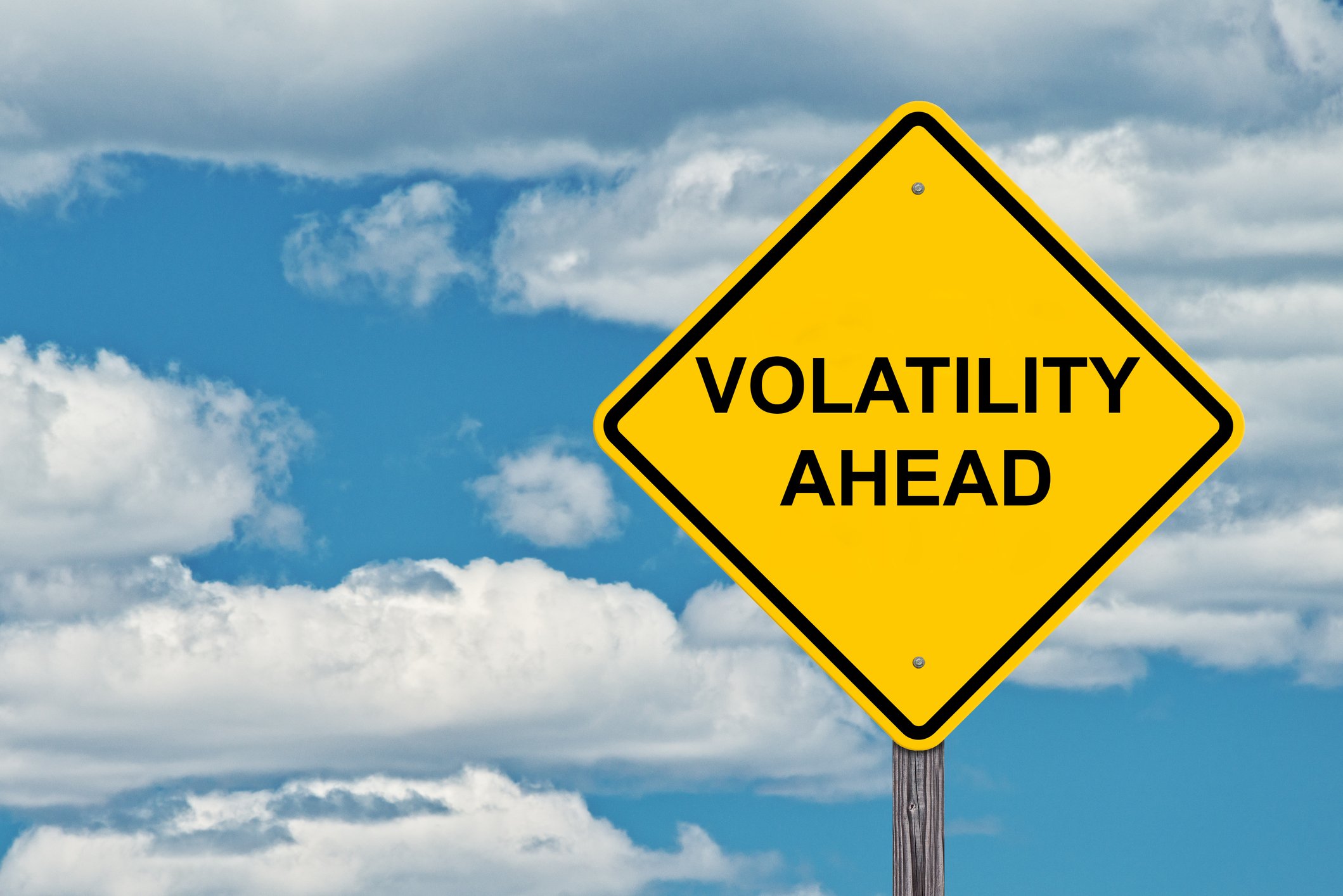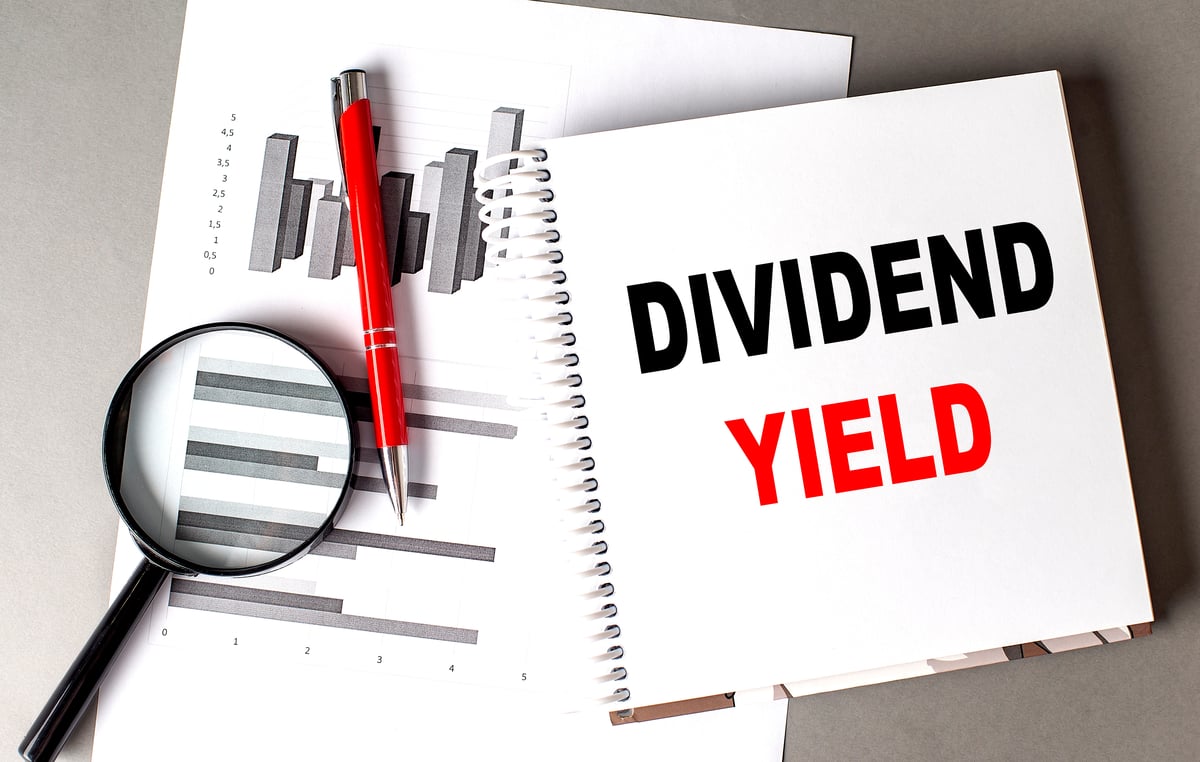Annaly Capital Management (NLY +0.78%) offers investors a big-time dividend yield. It was recently approaching 13%, nearly 10 times higher than the S&P 500's dividend yield.
Here's a closer look at the mortgage real estate investment trust (REIT)'s payment and whether investors can bank on its high-yield dividend.

NYSE: NLY
Key Data Points
Analyzing Annaly's dividend
Annaly's current dividend payment is $0.65 per share each quarter ($2.60 annualized). With its share price recently around $20 per share, its dividend yield is in the double digits.
A big reason for that high dividend yield is Annaly's high dividend payout ratio. During the first quarter, its earnings available for distribution (EAD) were $0.64 per share, meaning its payout ratio was above 100%. That marked the continued decline in its EAD. It was $0.68 per share in the fourth quarter and $0.81 per year in the prior year period.
Annaly's earnings have been in a steady decline for a while. That has caused the REIT to cut its dividend several times in the past, including by over 25% in early 2023 (from $0.88 per share to $0.65 per share).
Despite its falling earnings, the REIT doesn't anticipate it will need to cut its dividend this year. CEO David Finkelstein commented on the payout's near-term future during the first-quarter call, saying the "prevailing return environment gives us confidence in the durability of the portfolio earnings profile, and we believe that our current dividend is appropriately set for 2024, given our expectations for earnings this year."
However, while Annaly's dividend appears safe this year, questions remain about its long-term sustainability. The mortgage REIT has cut its payout several times over the years due to falling earnings and a steady rise in its outstanding shares as it sells stock to grow its investment portfolio.
A high-risk, high-yielding payout
Annaly pays an enticing dividend. However, it might not be the best option for income-focused investors who want a sustainable income stream. Annaly has cut its dividend in the past and could do so again if its EAD per share keeps falling.





